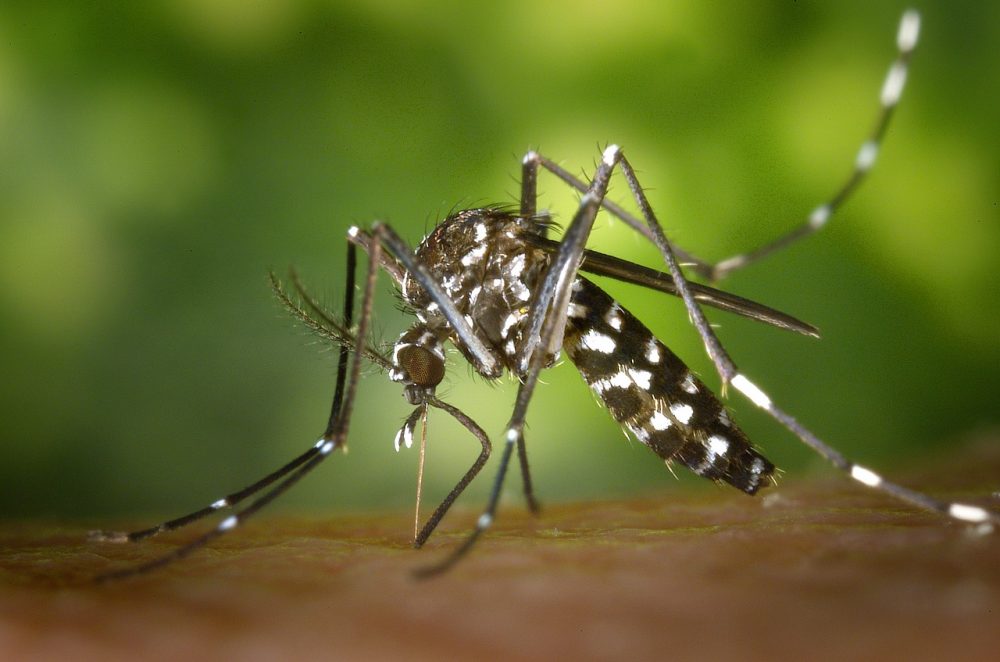Engineers at Northwestern University have introduced a new soft, flexible device, called an actuator. It makes robots move like a human muscle, expanding and contracting in a natural way. The researchers used it to create a cylindrical, worm-like soft robot and an artificial bicep that was able to lift a 500-gram weight without falling.
With the goal of making robots safer, roboticists are motivated to explore soft actuators to replace rigid actuators, which have long been the cornerstone of robot design but have limited flexibility, adaptability, and safety.
A type of rubber often used to produce cases for cellphones, thermoplastic polyurethane, is used to 3D-printed cylindrical structures, called Handed Shearing Auxetics (HSAs), to build a new actuator.
On the other hand, the researchers found a way to make a single motor twist a single HSA to build an improved soft actuator. They engineered two rubber parts to create muscle-like movements with the turn of a motor by adding soft, extendable, rubber bellows to the structure that performed like a deformable, rotating shaft.
When the motor provides torque making an object rotate, the actuator extends. Therefore, turning the motor in one direction or the other can drive the actuator to expand or contract.
The added bellows help to build a 26-centimeter-length worm-like robot containing a single actuator used to move on its own. In experiments, the pushing and pulling motions of the actuator propelled the robot forward through a winding environment like a pipe.
Because the body of the soft actuator is 3D-printed from a common rubber, the resulting robots cost about $3 in materials, not including the small motor that drives the actuator’s shape change. This is much cheaper than other common stiff, rigid actuators used in robotics, often costing hundreds to thousands of dollars.
The study is led by the June and Donald Brewer Junior Professor of Materials Science and Engineering and Mechanical Engineering at Northwestern University, Ryan Truby, and is supported by Truby’s Young Investigator Award. Other members who contribute to the research are Taekyoung Kim, a postdoctoral scholar, and Pranav Kaarthik, a PhD candidate.
The researchers believed that their new actuator provides another step toward bioinspired robots to perform tasks that existing robots can’t do.







